Trust needs to be rebuilt: Zollner
News
There is a perception amongst the Australian public that safeguarding against child sexual abuse is not in the ‘DNA’ of the Catholic Church despite all the work done in this area, according to one of the world’s leading experts on child protection.
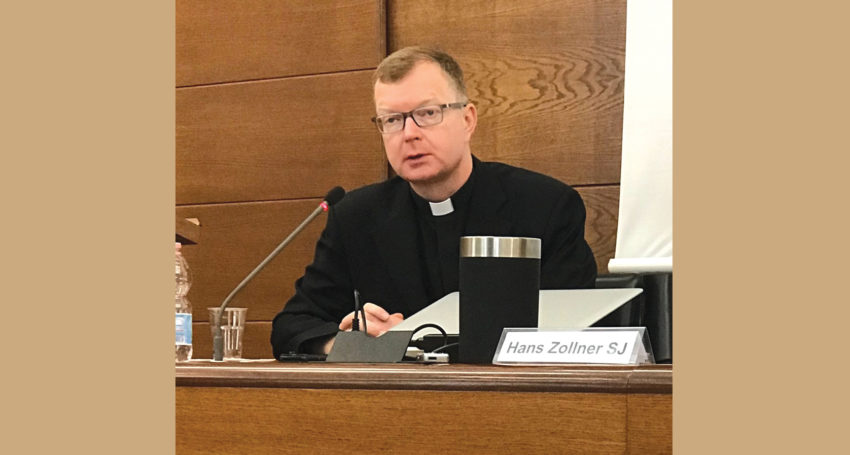
Dr Hans Zollner SJ, a member of the Pontifical Commission for the Protection of Minors and president of the Centre for Child Protection of the Pontifical Gregorian University, addressed the Church Up Close seminar in Rome last month, following his visit to Adelaide and other dioceses in Australia.
“I’ve been to Australia now three times in two years and I ask myself why they continue to be whacked because they have everything there,” he told the group of international journalists.
Advertisement
“They have all the safeguarding policies, codes of conducts, trained personnel, everything is there, but generally there is a feeling that the Church and the bishops ‘don’t get it’.
“It is really hard to understand…why is this perception so much present inside and outside Church, despite all that has been done?
“It may be simplistic but I think it is the correct perception that what we do in terms of safeguarding measures, cleaning up and investigating, we don’t do it with a fully committed heart and with full conviction, we hesitate to really get into the mess and admit the scale of its impact.
“We try to do it as if it was an add-on. We switch on when we think we need it, switch it off when we don’t. It’s in the Church’s DNA, it’s inbuilt, but we don’t use it, that’s what people perceive.”
Fr Zollner addressed the clergy of the Adelaide and Port Pirie dioceses at the request of Apostolic Administrator Bishop Greg O’Kelly SJ and spoke at the Australian and New Zealand Canon Law Conference held in Adelaide. He also visited several interstate dioceses and met with members of the Australian Catholic Bishops Conference.
Advertisement
At the Church Up Close seminar convened by the Holy Cross Pontifical University, Fr Zollner spoke of people’s reactions to the crisis which included “disgust, anger, hopelessness, despair and depression” as more revelations of abuse and cover-ups were reported around the world.
“That’s why those who work in safeguarding and best practices feel worn out, that everything they do is a drop in the ocean,” he said.
“This is a breaking point in Church history.”
Fr Zollner said there was a tendency in countries like Australia where policies and procedures had been put in place to think that reassuring “now I’m okay” will bring people to trust the Church again.
“That does not work; the trust that has been built up over centuries, the trust given to priests and the Church has been destroyed in a few decades and it will take decades to regain,” he said.
“For me, the abuse crisis is not just about sexual misbehaviour, it’s about our Church’s mission as followers of Jesus Christ. Either we learn it on our own or we will be forced to learn.”
Related Story
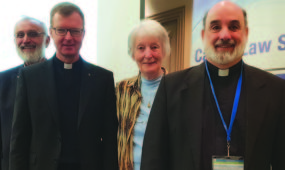 News
News
Church legal issues discussed
Fr Zollner pointed to the Church’s incapacity to transfer expertise and good practice from one country to another and said there were still places where the bishops and others thought “no we don’t have a problem here”.
He said the number of new allegations reported since 2002 in the United States, Australia and Germany had dropped to almost nil. While one reason might be that it takes 20 years or more for abuse to be reported, it is also very likely an outcome of the safeguarding measures put in place and greater awareness and education.
“In the Church and in society at large we will never eradicate or do away with abuse once and for all, this is a dangerous delusion, but all the more we need to do all we can in every place,” he said.
Addressing the annual Canon Law conference in Adelaide, Fr Zollner raised the issue of transparency on decision-making processes relating to abuse offences. He suggested clearly defining what is punishable and how will it be punished and not leaving discrimination and decision making only to the judge alone, as it is now.




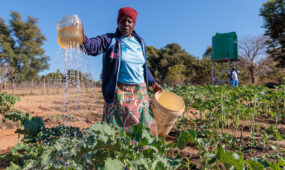
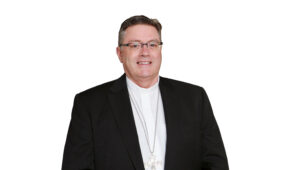
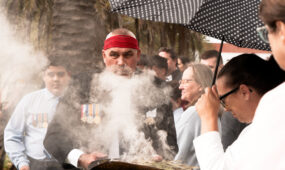

Comments
Show comments Hide comments